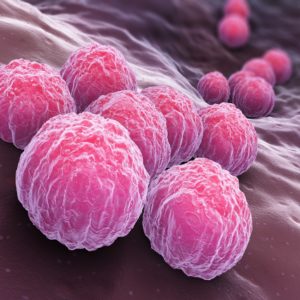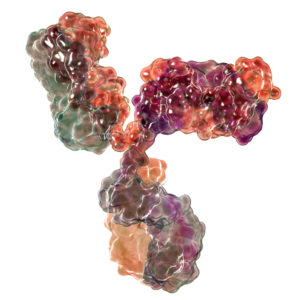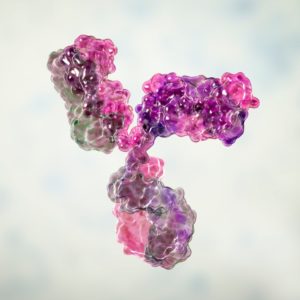Chlamydia
Chlamydia infection is one of the most common sexually transmitted infections, caused by the bacterium Chlamydia trachomatis. Most people who are infected show no symptoms and when symptoms do develop, they can take a few weeks to show following infection.
The Native Antigen Company prepares antigenic preparations of Chlamydia trachomatis in cell culture for use in immunoassay development.
Chlamydia Background
Chlamydia trachomatis is a gram-negative obligate intracellular pathogen that belongs to the Chlamydiaceae family. Chlamydia trachomatis strains are divided into three biovars, which are further divided into fifteen serovars A, B, Ba, serovars C-K and serovars L1-L3. Chlamydia trachomatis serovars A-C cause eye infections known as trachoma. Serovars D-K are responsible for sexually transmitted genito-urinary tract infections in women and men. Chlamydia trachomatis serovars L1, L2 and L3 are responsible for a condition known as lymphogranuloma venereum (LGV) (Elwell, C).
Infection of the genito-urinary tract by C. trachomatis occurs in both men and women, and is the most common cause of bacterial sexually transmitted disease in the United States (CDC). The bacterium infects mucosal cells of the penis, vagina, mouth or anus during unprotected sexual intercourse with an individual infected with C. trachomatis. During its life cycle, the bacterium alternates between two forms, the infectious elementary body and the reticulate body – a non-infectious replicating form. The reticulate body replicates within a membrane-bound compartment within the cell and after several rounds of replication, develops into the infectious elementary body, which can then infect neighbouring cells (Elwell, C).
In women, C. trachomatis infects the cervix which may lead to cervicitis. However, 70-80% of women with C. trachomatis genital tract infection remain asymptomatic. In 10% of cases, the bacterium can infect the upper genital tract leading to pelvic inflammatory disease, scarring of the Fallopian tubes, ectopic pregnancies and infertility. C. trachomatis can also be transmitted to babies born to infected untreated mothers during childbirth, causing conjunctivitis or pneumonia.
Lymphogranuloma venereum (LGV) is a condition that affects the lymphatic system, causing a range of clinical symptoms including proctitis, lymphadenitis, arthritis and genital lymphedema. LGV is endemic in tropical and sub-tropical regions and primarily affects sexually active heterosexual individuals. However, reports suggest that cases of LGV are increasing in the developed world, particularly in homosexual populations. Both women and men can develop LGV, but men often develop and present with proctitis early after infection whereas women remain asymptomatic until later stages of the disease (Ceovic, R).
References
- Elwell C, Mirrashidi K, Engel J. 2016. Chlamydia cell biology and pathogenesis. Nat Rev Microbiol. Jun;14(6):385-400.
- Centers for Disease protection and Control; Chlamydia – CDC factsheet
- Ceovic R, Gulin SJ.2015. Lymphogranuloma venereum: diagnostic and treatment challenges. Infect Drug Resist. 2015 Mar 27;8:39-47.
Chlamydia Antigens
Our Chlamydia trachomatis antigen is prepared from infected cells, which are washed, disrupted and centrifuged to remove cellular debris. Chlamydia antigen production is scalable from 10ml to several litres.
Chlamydia Antibodies
The Native Antigen Company is pleased to offer a full panel of antibodies to Chlamydia proteins, including those specific for the MOMP of C. Trachomatis, and high affinity antibodies specific for Chlamydia LPS, binding to C. Trachomatis, C. pneumoniae and C. psittaci
Questions?
Check out our FAQ section for answers to the most frequently asked questions about our website and company.
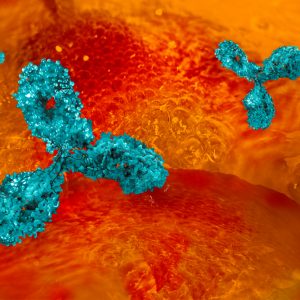
Mouse Anti-Dengue Virus Pan-Serotype NS1 Antibody (DA034)
Price range: $454.04 through $1,139.31 excl. VAT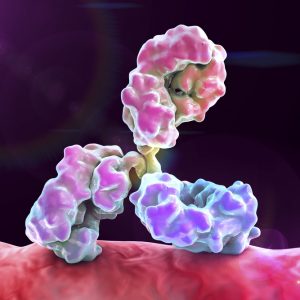
Human IgG1 Anti-Dengue Virus NS1 Serotype 1 Antibody (OB4)
Price range: $706.29 through $1,933.88 excl. VAT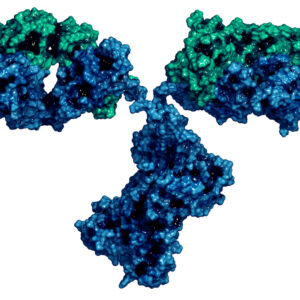
Human IgM Anti-Dengue Virus NS1 Serotype 1 Antibody (OB4)
Price range: $706.29 through $1,933.88 excl. VAT
Dengue Antibodies
The Native Antigen Company is pleased to offer a full panel of serotype-specific antibodies to Dengue NS1, which are suitable for the development of serotype-specific immunoassays. These antibodies have been raised against our renowned mammalian-expressed, recombinant NS1 proteins. They show no cross-reactivity with other serotypes of Dengue, or other flaviviruses including Zika, Yellow Fever and West Nile.
In addition to NS1-specific antibodies, we offer a number of additional antibodies specific for envelope and membrane proteins.

